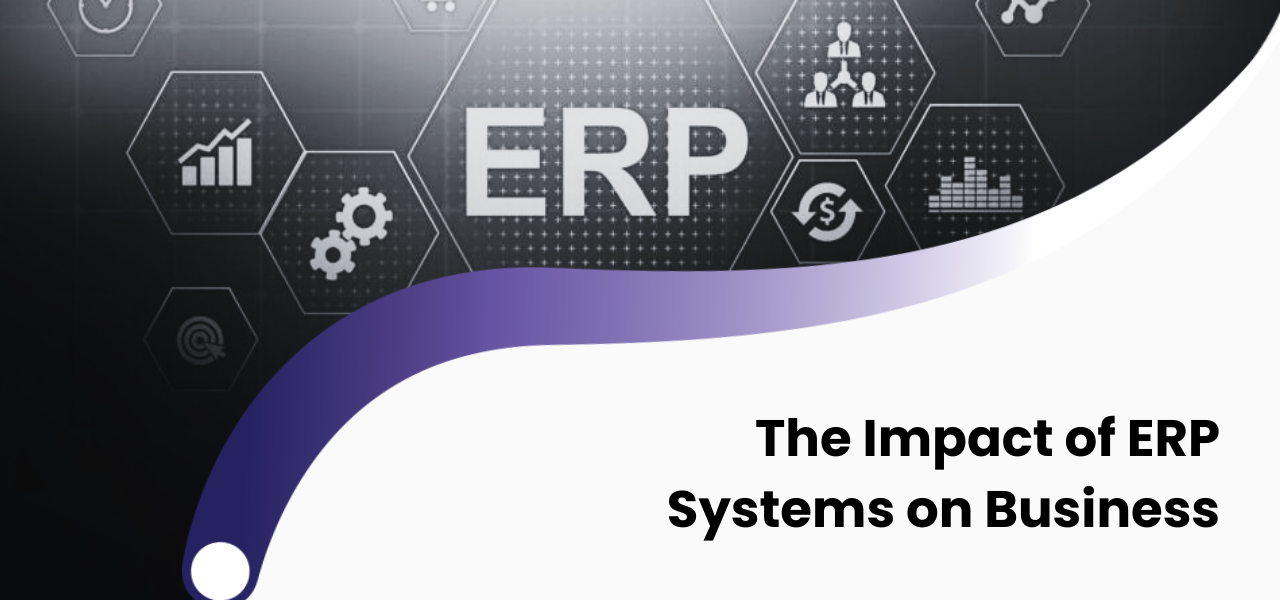ERP systems are not just software but a management model that integrates all departments of a company into a single platform. From sales to finance, from production to human resources, every area can be monitored centrally. In this article, we will discuss in detail the main advantages of ERP for businesses, the challenges faced, and its future prospects.
What is ERP and Why is it Important?
ERP stands for Enterprise Resource Planning. Traditionally, different departments of a company use separate systems, which leads to fragmented data, duplication of work, and slower decision-making. ERP centralizes all data in a single database, enabling collaboration, transparency, and more efficient management.
In simple terms, ERP acts as the “brain” of the company. Each department reflects its operations in the system, and management can monitor all activities in real time.
Types of ERP Systems
ERP solutions vary depending on business needs. The main types are:
On-Premise ERP
Installed on the company’s own servers. Offers more customization but requires high initial costs and technical support.Cloud ERP
Provided as a service via the internet. Accessible from anywhere, has lower upfront costs, but customization may be limited.Hybrid ERP
Combines both cloud and on-premise features. Suitable for companies seeking a balance between flexibility and control.Industry-Specific ERP
Designed for sectors such as manufacturing, retail, construction, or healthcare.
The Impact of ERP Systems on Businesses
1. Process Optimization
ERP automates routine internal processes. From sales orders to warehouse management, invoicing, and accounting, all operations are integrated.
Result: faster workflows and higher productivity.
2. Real-Time Data Management
Fragmented data storage often slows down decision-making. With ERP, all indicators are monitored in real time.
Result: agile decisions and quicker adaptation to market changes.
3. Cost Reduction
ERP ensures transparent resource utilization. It eliminates unnecessary expenses, duplicate tasks, and excess stock.
Result: significant reduction in operating costs.
4. Improved Customer Satisfaction
ERP provides transparency at every stage, from sales to delivery.
Result: higher customer satisfaction and loyalty.
5. Collaboration and Transparency
All departments work on the same platform, improving communication and collaboration.
6. Reduced Risks and Compliance
ERP ensures accuracy in financial reporting, tax compliance, and audits.
For ERP to deliver real value, integration with other business systems is essential:
CRM (Customer Relationship Management): Integration enhances sales and customer support.
HRM (Human Resource Management): Simplifies payroll, attendance, and performance tracking.
E-commerce Platforms: Synchronizes inventory and orders automatically.
Financial Systems & Banking: Ensures accurate budgeting and expense tracking.
Benefit: a unified ecosystem, elimination of duplicate data, and more accurate analytics.
High Initial Investment
Resistance to Change
Customization Needs
Therefore, choosing the right ERP system and working with an experienced partner is critical.
ERP and the Future of Business
Globally, ERP systems are not only management tools but also the foundation of strategic decisions. With AI, Big Data, and advanced analytics, ERP enables businesses to predict trends and optimize operations.
Examples:
Forecasting sales trends with AI support.
Optimizing production with data analytics.
Managing operations from anywhere with mobile ERP.
Cloud-based ERP solutions are becoming increasingly popular, reducing costs while offering flexibility for companies of all sizes.
ERP transforms not just part of a business but the entire management structure. Faster processes, reduced costs, higher customer satisfaction, and more agile decision-making are among its main benefits.
Successful ERP implementation provides companies with a competitive edge in the digital era. However, proper system selection, experienced partners, and employee adaptation are essential for realizing its full potential.
Frequently Asked Questions (FAQ)
1. Is ERP only for large companies?
No. ERP solutions are available for businesses of all sizes, including SMEs.
2. How long does ERP implementation take?
It varies by company size and complexity. Typically, from several months to a year.
3. What is the difference between Cloud ERP and On-Premise ERP?
Cloud ERP is more flexible and cost-effective, while On-Premise ERP offers more customization and control.
4. What is the ROI of ERP implementation?
When implemented correctly, ERP reduces costs and increases profitability, often paying off within a few years.
 +994512060920
+994512060920





